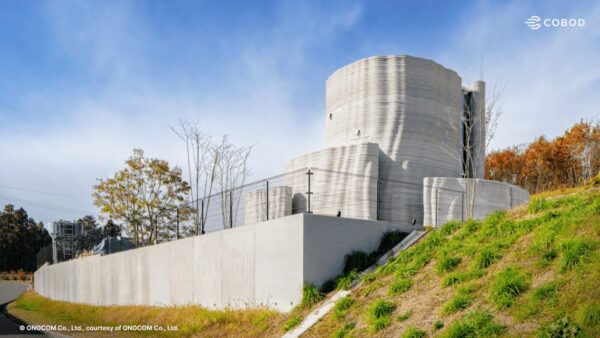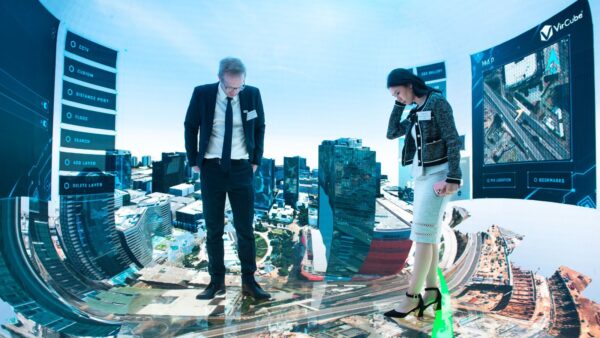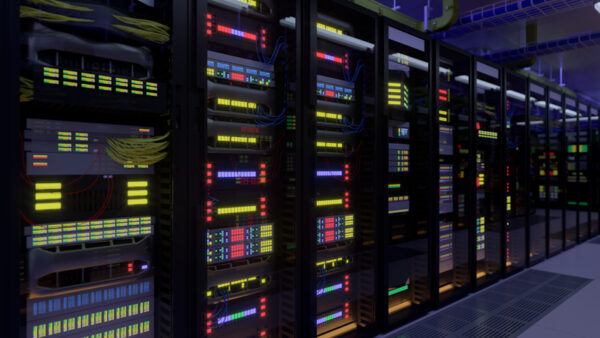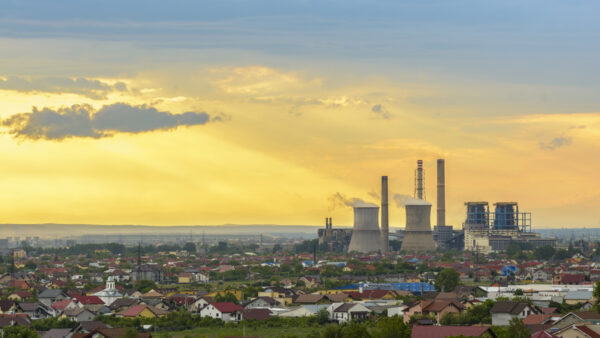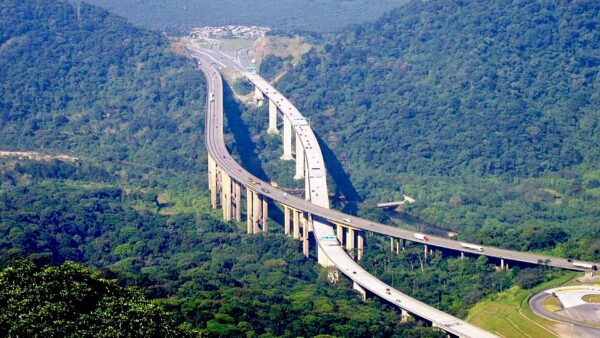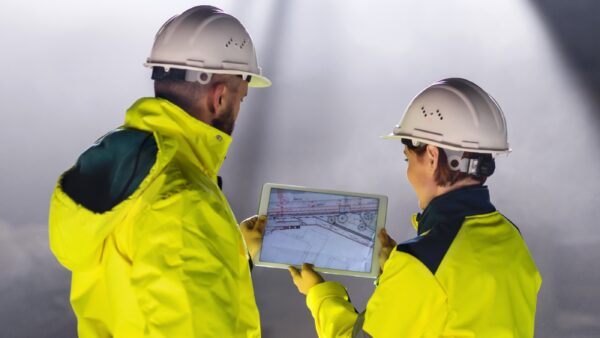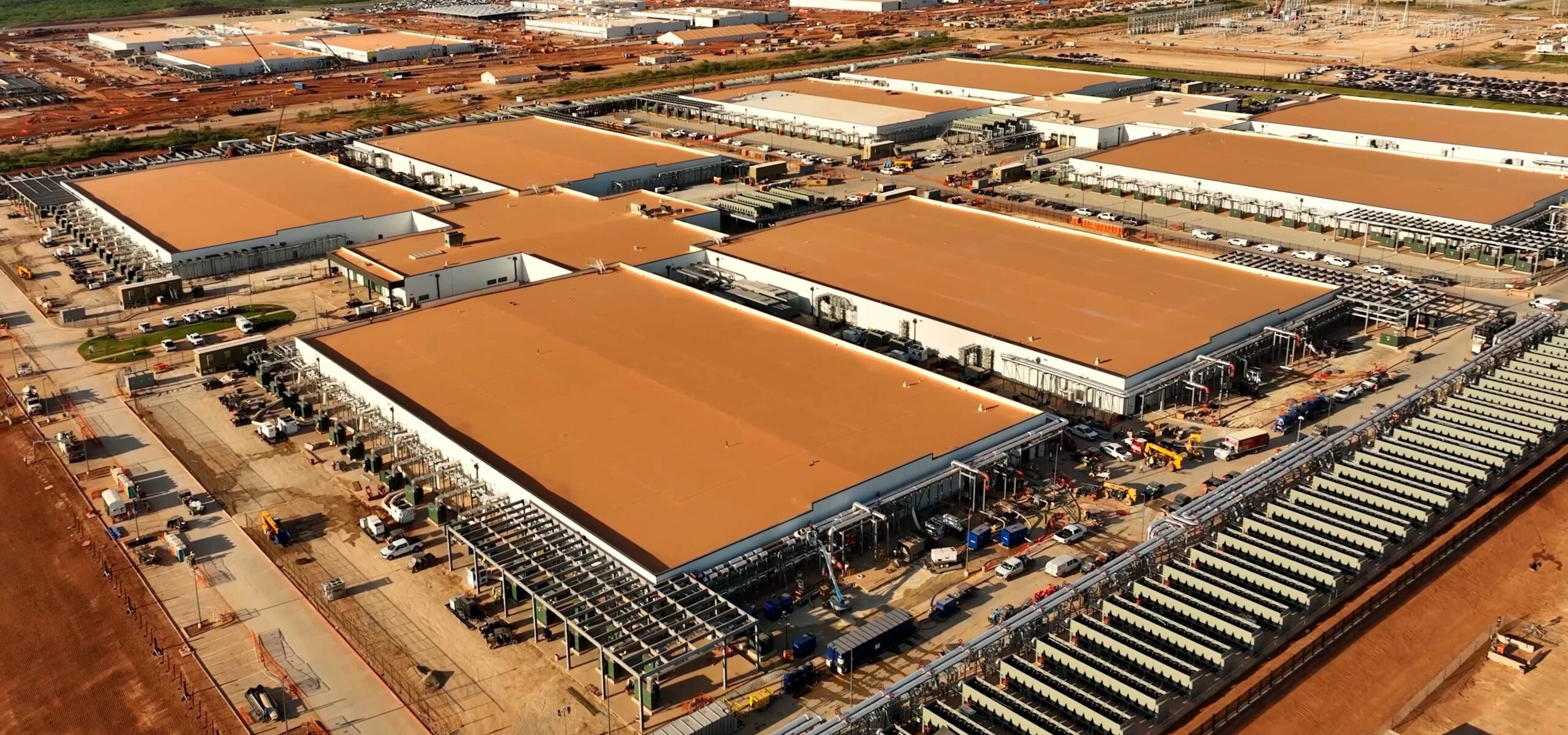
Firm also warns of skills shortage, saying its own AI projects will need 20% of the country’s skilled tradespeople over the next five years.
OpenAI, the company that launched ChatGPT in 2022, has called on the Trump administration to make developing more power generation a national mission on a par with the interstate highway build-out of the 1950s and the Apollo space programme of the 1960s – or face losing the AI race to China.
And it warns there aren’t enough skilled tradespeople to build new data centres, let alone the new power stations needed to run them.
AI computing consumes vast amounts of energy. The company noted that China added 429GW of new power-generating capacity in 2024, more than half of global generating growth, while the US added just 51GW, merely an eighth of China’s increase.
Calling on the administration to commit to adding at least 100GW a year, the company said an “electron gap” is opening between China and the US, putting US leadership at risk.
China ‘aims to lead by 2030’
“Electrons are the new oil, and we believe the Trump Administration should work with the private sector on an ambitious national project to build 100 gigawatts a year of new energy capacity,” OpenAI said in a press release.
Christopher Lehane, OpenAI’s chief global affairs officer, set out the argument in a letter to Michael Kratsios, the Trump-appointed executive director of the US Office of Science and Technology Policy (OSTP).
It warned that China aimed to overtake the US on AI by 2030, and that the Chinese government saw adding generating capacity as “the foundation of industrial competitiveness”.
In the US, on the other hand, fragmented decision making and a complex regulatory environment act as barriers to grid development. As an example, Lehane gave the Cardinal-Hickory Creek 345,000-volt transmission line, which takes renewable power from Iowa to Wisconsin. It opened in September last year, 13 years after the project was approved.
The familiar problem of skills
As well as the need to speed up approvals and limit regulatory hurdles, Lehane cited a familiar problem – a shortage of construction workers to build energy projects and AI infrastructure.
He said OpenAI’s own six “Stargate” data campuses being built in Texas, New Mexico, Ohio, and Wisconsin would require some 20% of the country’s skilled tradespeople like specialised electricians and mechanics over the next five years.
The company says it will have 10GW, or $500bn worth, of computing power under development by the end of 2025.
In his letter, Lehane told Kratsios that the country would need many more metal and ironworkers, carpenters, plumbers and other construction trade workers than currently exist, and that the government should help fund the development of that workforce.
“The US has a history of meeting the moment by thinking big, acting big, and building big,” Lehane wrote.
“Communities everywhere, not just in Silicon Valley, will benefit from the economic upsides of the Intelligence Age—in new jobs and revenue from construction, and in the long-term build-out of chips fabrication facilities and the manufacturing of turbines, copper wire, transformers and other essential components.”
- Subscribe here to get stories about construction around the world in your inbox three times a week

